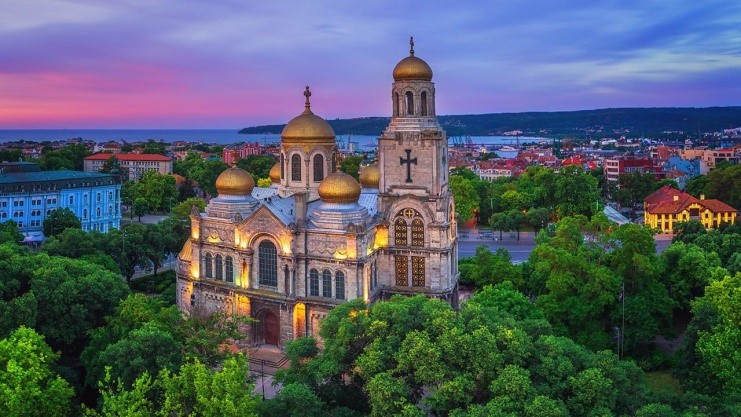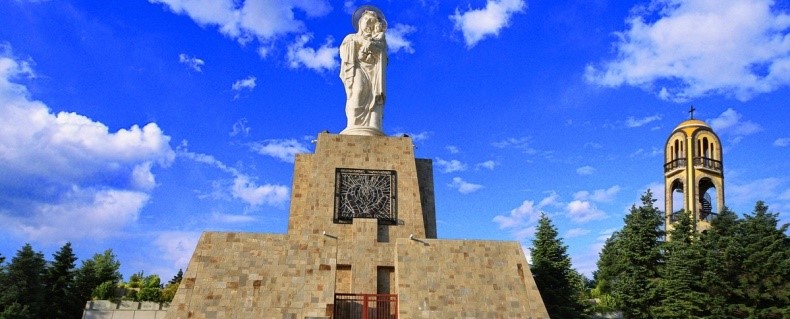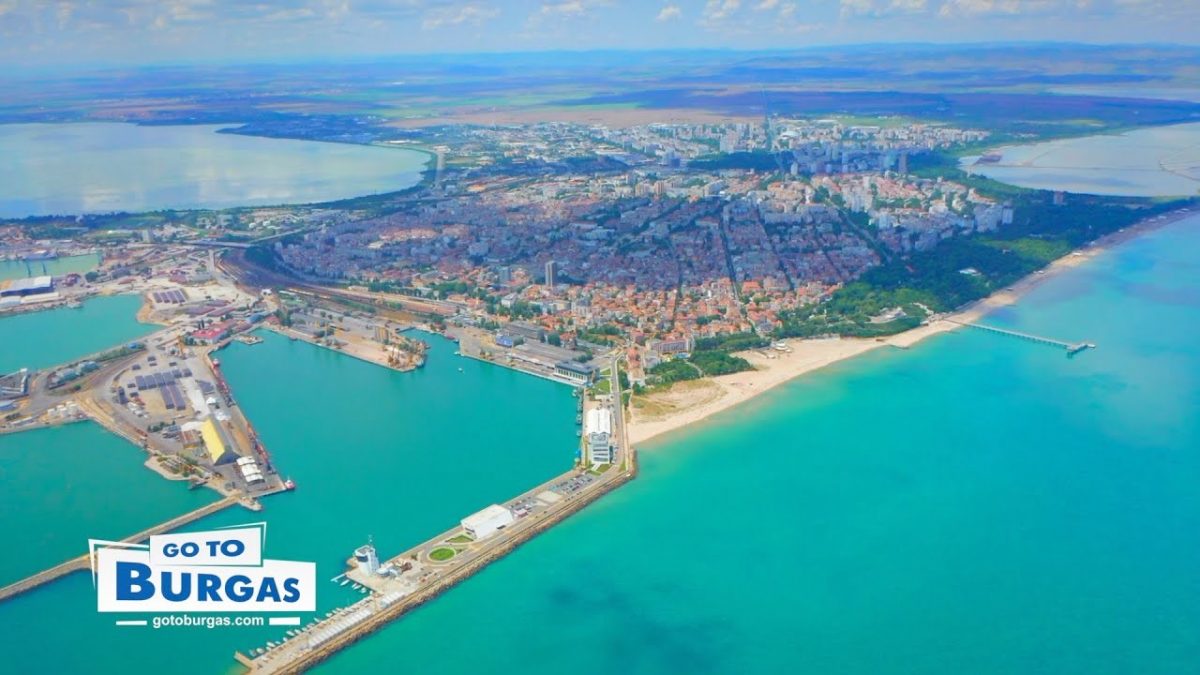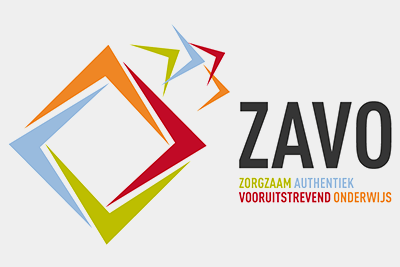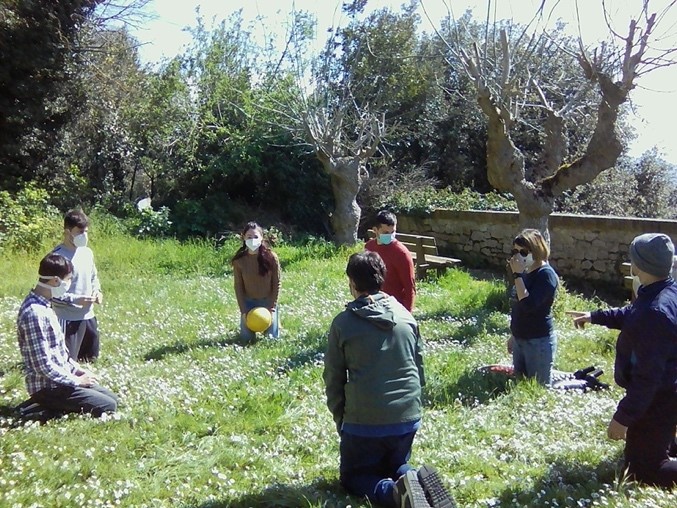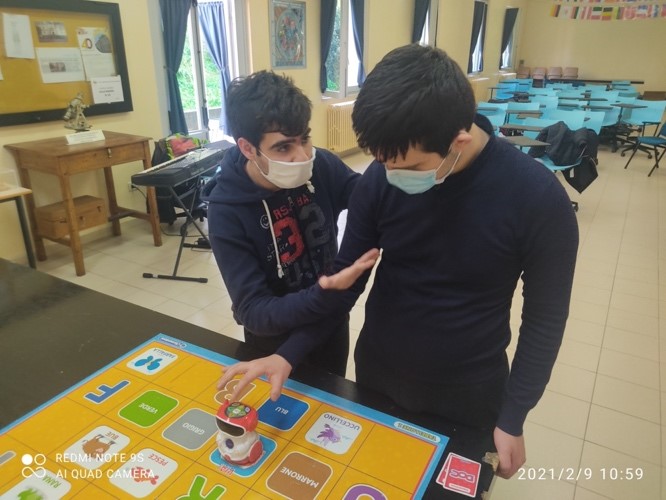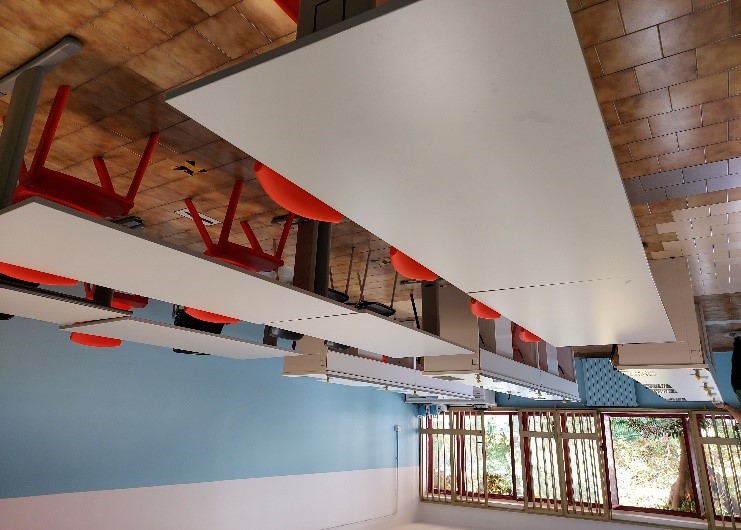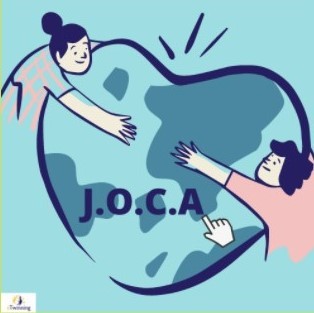A little while ago, we already introduced you to Leipzig as the city of trade and classical music, home of the international book fair, a major economic hub of the region, and simply a great place to live, work, and travel: The wide range of sports events, cultural activities, varieties of accommodation and restaurants as well as innovative start-ups, tradition-steeped companies and industry offer a great multitude of internship possibilities for students and apprentices. In that article you can also find a bunch of useful tips for when you first visit Leipzig and what the main attractions are. And while all those sights are truly a must-see when you come to Leipzig, there are a number of areas worth exploring that are not normally found on your regular tourist itineraries. Are you ready to get off the beaten path? As part of the Erasmus+ project ProWomen, women from Leipzig have developed travel routes that give you an all new perspective on this beautiful city! You can find the entire routes as a google map here.

Did you know, for example that Leipzig has extensive waterways that would make it (almost) possible to canoe all the way to Hamburg?! Even if that is not you ambition, the rivers and canals in the city make for great views and nature observation, especially in the summer! Depending on which way you swing your paddle, you will see the historic industrial style buildings from the 19th century that Leipzig is famous for or be surrounded by the unique nature of the flood-plain forest. If you are lucky, you might even be able to see kingfishers! Leipzig’s waterways give you lots of possibilities to paddle and row, for beginners and pros alike. Your exact route will depend on where you rent your boat and how fit you are, but certainly you can stop and visit one of the many lovely cafés and Biergardens along the way to get some rest. Note that especially on days with nice weather it might be a good idea to call ahead at the boat rentals and check if boats are available. You can also check if guided tours are offered for additional information.
Did you know that many famous women have left their trace around Leipzig? You can follow the footsteps and achievements of composer Clara Schumann, poet Lene Voigt, and politicians Louise Otto-Peters and Clara Zetkin through another route of the ProWomen project. This route circles the city center counter-clockwise, so all spots are also close to other interesting sights and will take you to the most famous parts of the city. You can walk large parts of the way or ride your bike (especially in the parks). Most of the route is wheelchair friendly and easily reached by public transportation. This route is perfect if you want to spend about half a day exploring and do not want to venture too far from the city center. Except for the Schumann-Haus, you are also independent of opening hours.

This tour will take you to some of the best known urban green spaces of Leipzig: The city dedicated an award-winning park to Lene Voigt in the neighborhood of Reudnitz which in recent years has become very popular especially with young people. Leipzig’s biggest and most famous park is named after Clara Zetkin. Here you find the historic race track, a concert stage, as well as the Sachsenbrücke (Saxony Bridge) which is one of the most popular places to hang out in the city. And finally, the memorial of Louise Otto Peters is located in the Rosental park. Not only is it the location of the Gewandhaus orchestra’s annual free open air concert but from here you can observe the giraffes and zebras from the neighboring zoo!

And when you have explored every nook and cranny of the city center, venture North for a little bit of nature and Old-world grandeur around the castle in Lützschena! The route combines cultural, historic, and natural heritage. It is located in the north-west of Leipzig and can be done either by foot or by bike. Not many tourists venture north of the city center, and most people know the area mainly for the airport and the hubs of DHL, Porsche, and Amazon. However, as this route shows, there is much to explore!
For the best way to explore, rent a bike and ride from the city center along the Luppe dam to the first stop! Once you enter the park at the University’s sport campus, you can ride undisturbed by car traffic. Your first stop will be lake Auensee, which It came into being through the mining of gravel for the main station. A short bike ride from the lake you will find the castle of Lützschena and its adjacent park. Today’s castle was built in 1864, however, the first documented mention of a manor in this place dates back to the 13th century. Today, the castle is in private ownership, yet the park is open to the public and visitors can explore the beautiful landscape.

From the park, you have direct access to the Leipzig floodplain forest, which is a registered landscape conservation area that serves an important function of flood control for the cities of Leipzig and Schkeuditz. On your route, you will follow the Neue Luppe, an artificial canal of 13km which belongs to the local river system. The Luppeaue has been a nature reserve since 1993. If you want to know more about this unique eco-system, visit the Auwaldstation: This information center gives you great insight and there is no entrance fee either!

Detailed routes from all partner countries will be published by the ProWomen project around September 2021. Check the Facebook account or the website for news!
